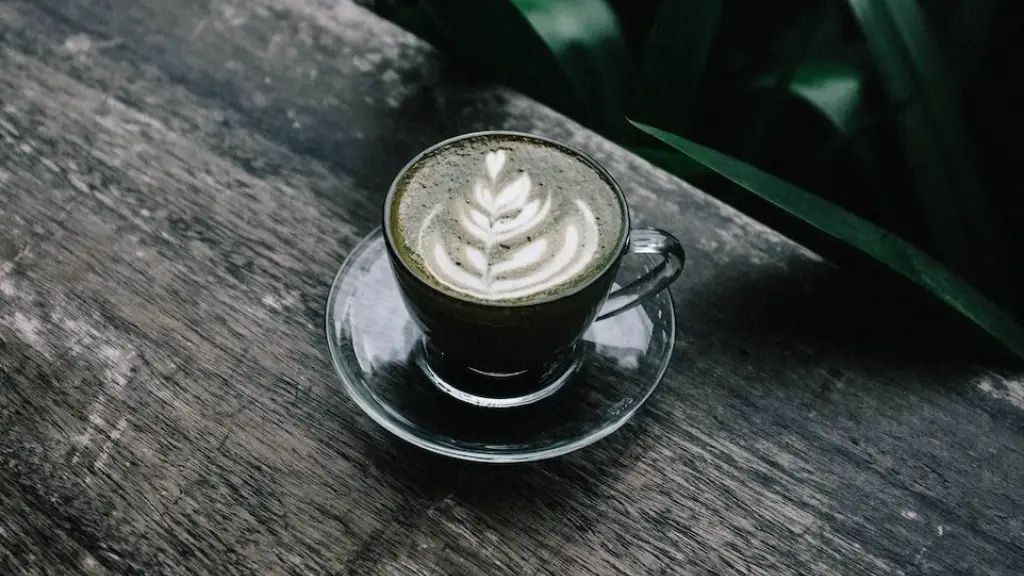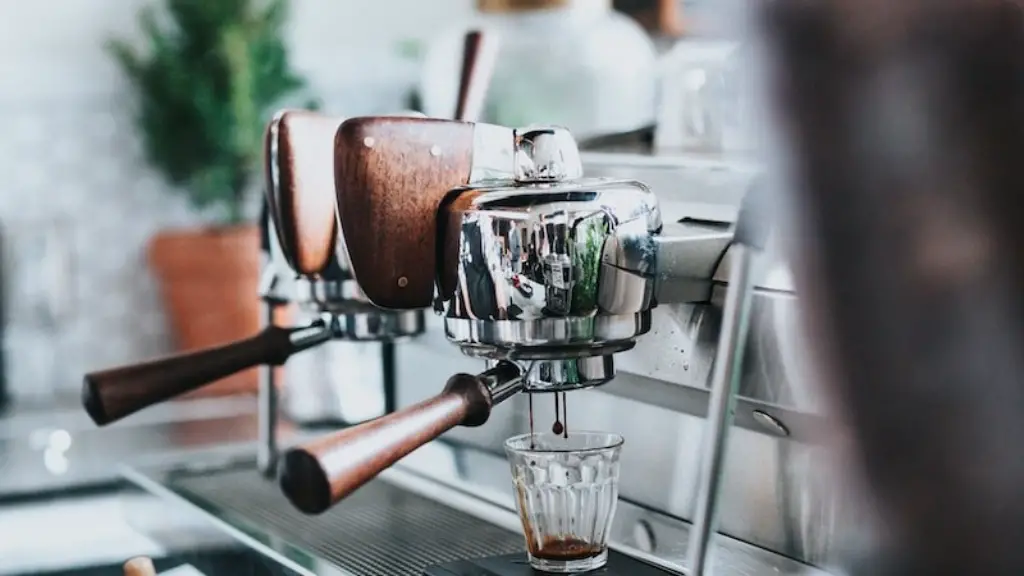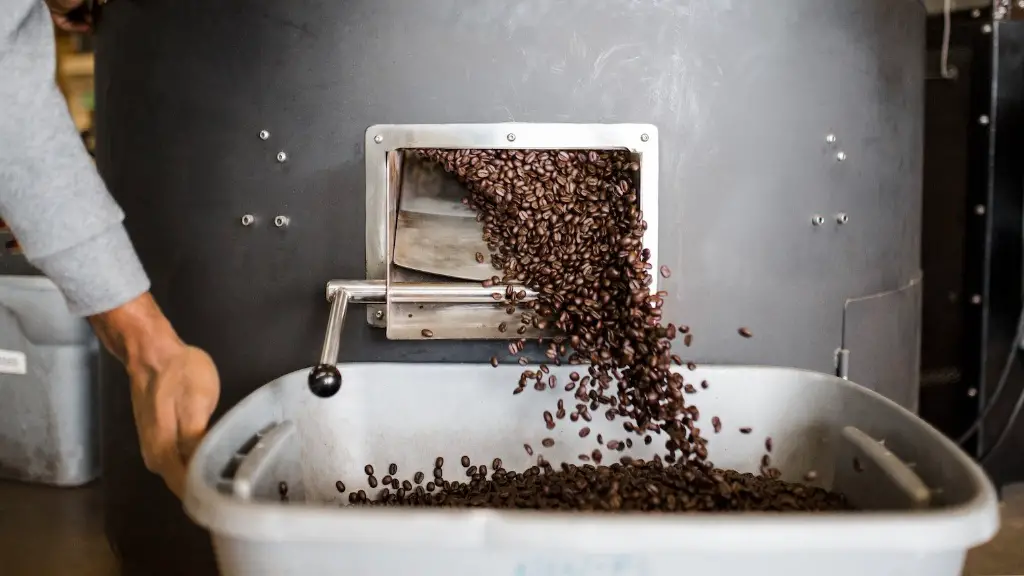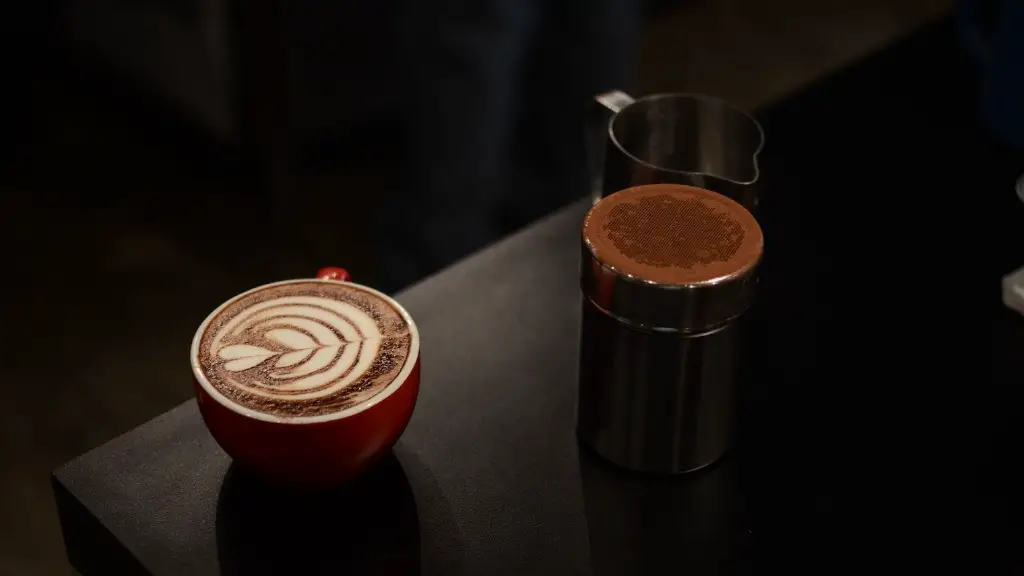Caffeine Content
Coffee and energy drinks have become increasingly popular over the last few years. While they both contain caffeine, they differ greatly in their caffeine content. Coffee generally contains more caffeine, at 65–100 milligrams per 8-ounce cup, while energy drinks, such as Red Bull, tend to contain around 27–51 milligrams. This means that coffee is generally considered a more potent source of caffeine.
Caffeine is a stimulant that has been proven to improve performance on physical and cognitive tasks. It also serves as a mild to moderate aphrodisiac, boosting energy levels and improving concentration. Coffee is the most common source of caffeine for adults, with 8 out of 10 American adults consuming it daily.
Flavor and Health Benefits
Coffee and energy drinks also differ in taste and health benefits. Coffee has a bold, sometimes bitter flavor that is preferred by many coffee-lovers. Energy drinks have a sweeter, fruitier taste that appeals to those who don’t enjoy the taste of coffee. Some energy drinks, however, can contain large amounts of sugar, which can be detrimental to health.
Coffee, on the other hand, has antioxidants and plant compounds that can positively impact your health. Regular consumption of coffee is associated with a lower risk of several diseases, including type 2 diabetes and some cancers. Coffee drinkers may also have a lower risk of stroke and heart disease.
Caffeine Delivery
The way caffeine is delivered in each of these drinks is also different. Coffee, when brewed correctly, delivers a steady stream of caffeine to the bloodstream, which is gentle on the body. Energy drinks, however, often contain added ingredients, such as taurine and guarana, which can make the caffeine hit more intense.
This can lead to a rapid release of energy, followed by a “crash” in which the body feels fatigued and drained. This quick spike and subsequent drop in energy can make energy drinks less suitable as a daily source of caffeine. They’re better suited as an occasional pick-me-up or pre-workout drink.
Effects on Sleep
Because they contain caffeine, both coffee and energy drinks could have an effect on sleep if consumed too late in the day. Caffeine has a half-life of five to seven hours, meaning it takes this amount of time for your body to process half of the caffeine you consume. This means that if you drink coffee or energy drinks in the late afternoon, some of the caffeine may still be in your system when it’s time to go to bed.
This could affect your ability to fall asleep and stay asleep throughout the night. It is best to avoid both coffee and energy drinks for at least four to six hours before bed to ensure a good night’s sleep.
Cost
Coffee and energy drinks also vary in cost. Coffee is generally cheaper, with an 8-ounce cup typically costing around $1-2. Energy drinks, however, are more expensive due to the added ingredients. An 8-ounce can costs around $2-3.
For those on a tight budget, coffee is generally the more cost-efficient option. However, for those looking for a more energizing boost, the higher cost of energy drinks may be worth the money.
Coffee vs Energy Drinks: Which is Better?
It ultimately depends on your individual needs. Coffee is generally a more affordable and healthier source of caffeine, but energy drinks provide a more potent energy boost. If you’re looking for something to keep you energized throughout the day, coffee is a good option. If you’re looking for a pre-workout boost, energy drinks are a better alternative.
Both coffee and energy drinks can provide a variety of benefits if consumed in moderation. However, it’s important to remember that both contain caffeine, so it’s best to not overdo it. Consuming too much caffeine can cause side effects such as anxiety, jitteriness, and insomnia.
Effects on Mental Health
Coffee and energy drinks can both affect mental health in different ways. Coffee is linked to improved alertness and concentration and a decreased risk of depression. This is likely due to the antioxidants, plant compounds, and caffeine found in coffee. Mind-boosting effects such as improved mood, motivation, and focus can be observed after consuming coffee.
Energy drinks, on the other hand, have been linked to increased anxiety, agitation, and restlessness. This is likely due to the high levels of caffeine, as well as other added ingredients such as guarana. Consuming too much caffeine from energy drinks can lead to an increase in stress and mental fatigue.
Impact on Physical Activity
When it comes to physical activity, both coffee and energy drinks can have a positive or negative impact. Coffee can improve physical performance, as the caffeine it contains can increase alertness and focus. This can lead to better performance during strenuous activities, such as running or weightlifting.
Energy drinks, however, may not be as beneficial for physical activity. The added sugar and caffeine can cause a crash in energy levels, leading to decreased performance. Energy drinks should be consumed in moderation and are best suited as pre-workout drinks.
Overall Comparison
Overall, both coffee and energy drinks can provide benefits depending on your individual needs. Coffee is generally more affordable and healthier and is best for those who want an everyday source of caffeine. Energy drinks, on the other hand, are better for those who want a more intense boost of energy, but should be consumed in moderation.
It’s important to remember that in some cases, both coffee and energy drinks can cause side effects if consumed in excess. Therefore, it’s best to stick with moderation when consuming either.




